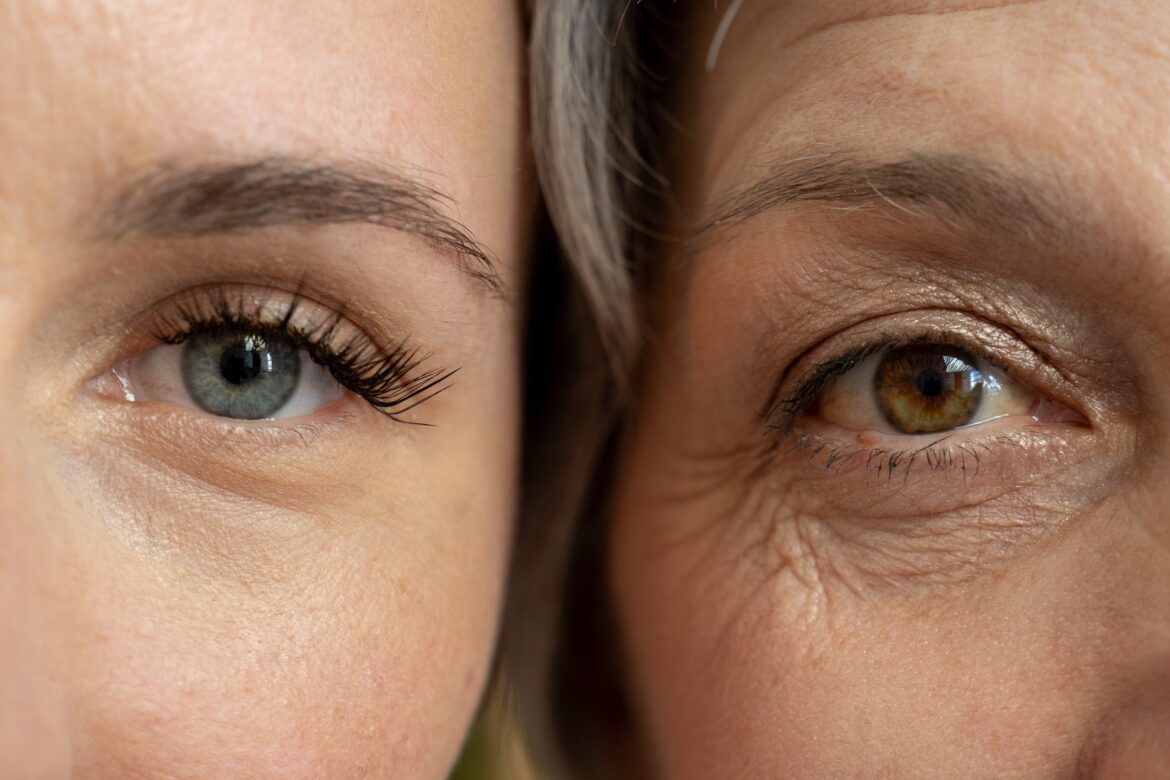The trip through the ages is an inevitable and fascinating odyssey in the fabric of human existence. Our knowledge of aging advances along with the opportunities to live a healthy, longer life. This article dives into the field of aging science, examining the most recent findings and implementing methods that guarantee a life full of vitality and well-being in addition to longevity.
Understanding the Biology of Aging
Fundamentally, aging is a complicated biological process that is impacted by a wide range of environmental and genetic variables. Although aging is still an inevitable part of life, science has made significant progress in understanding it. The complex processes underlying genetic mutations, cellular senescence, and the deterioration of vital physiological functions over time are being uncovered by researchers.
In the field of aging research, telomeres—the protective caps at the ends of chromosomes—have gained attention. Telomere shortening is linked to cellular aging, and methods to preserve or extend these structures are being investigated as possible interventions to decelerate the aging process.

Calorie restriction and longevity
Research on calorie restriction and its effects on longevity is one of the most exciting areas of aging science. Research on humans and animals alike has revealed that cutting calories without becoming malnourished may increase longevity and enhance general health. It is thought that calorie restriction improves metabolic efficiency, stimulates cellular repair mechanisms, and lessens the effects of oxidative stress.
It’s crucial to remember, though, that putting calorie restriction into practice needs to be done so carefully and with medical advice. Achieving the ideal balance between calorie restriction and nutrition is essential to preventing any negative consequences.
Cellular Senescence’s Function
An essential part of aging is cellular senescence, the state in which cells stop dividing. Over time, these senescent cells proliferate and cause tissue damage and inflammation. Senolytics, which are substances that specifically target and eradicate senescent cells, are being investigated by researchers as a possible means of delaying age-related illnesses and encouraging healthier aging.
The Fountain of Youth: Exercise
Regular exercise has many advantages that go well beyond keeping a healthy weight and cardiovascular fitness. Physical activity has become a powerful tool in the pursuit of longevity and vigor. It lowers the risk of chronic diseases, improves cognitive function, and aids in the preservation of bone density and muscle mass.
Specifically, high-intensity interval training (HIIT) has drawn interest due to its effectiveness in enhancing metabolic function, cardiovascular health, and general fitness. Exercise routines are essential to achieving a vibrant and long life because they can be tailored to each person’s preferences and abilities.
Stress Reduction and the Mind-Body Connection
The aging process is significantly influenced by the mind-body connection. Age-related diseases and accelerated aging have been related to chronic stress, both psychologically and physically. Using stress-reduction strategies like yoga, mindfulness, and meditation can have a significant impact on one’s general wellbeing.
These techniques not only aid in stress reduction but also promote better sleep, sharper thinking, and a stronger immune system. Incorporating mind-body practices into everyday life can be a game-changer when it comes to aging well.
Nutritional Techniques for Long-Term Well-Being
The foundation of healthy aging is nutrition, which affects everything from energy levels to cognitive performance. Foods high in antioxidants, like fruits and vegetables, are essential in reducing inflammation and oxidative stress brought on by aging. Flaxseeds and fatty fish are good sources of omega-3 fatty acids, which may also have neuroprotective properties and improve heart health.
In addition, maintaining a sufficient protein intake becomes more crucial as one ages in order to preserve muscle mass and stave against frailty. The key to maintaining optimum health as one ages is to adopt a varied, balanced diet that is high in vital nutrients.
Building Social Networks and Involving the Community
It is impossible to overestimate the value of social networks and community involvement as we age. Prolonged lifespans and enhanced mental and emotional well-being have been linked to strong social ties. Creating and sustaining deep connections, taking part in neighborhood events, and remaining socially active all help people feel purposeful and fulfilled in their later years.

Adopting a Holistic Approach
Investigating the boundaries of aging research reveals a world full of opportunities for promoting a healthy and long life. The path to healthy aging is complex, requiring knowledge of the nuances of cellular aging as well as adoption of lifestyle practices that enhance general well-being. People can navigate the aging process with grace and resilience and potentially live long, vibrant lives by adopting a holistic approach that takes into account social, mental, and physical aspects of health. In the process, it becomes evident that the secret to discovering the meaning of a truly flourishing and enduring life is to combine scientific advancements with mindful living.


